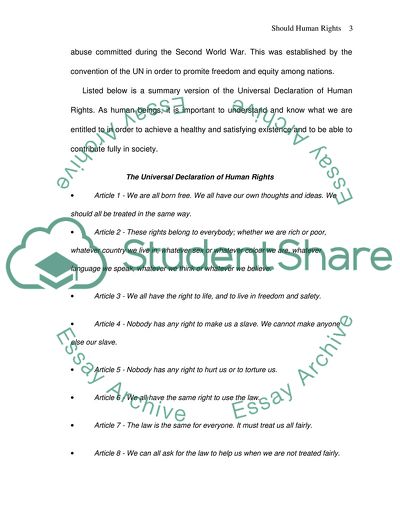Cite this document
(Development Of Human Rights In International Law Case Study, n.d.)
Development Of Human Rights In International Law Case Study. Retrieved from https://studentshare.org/law/1730933-should-human-rights-be-universal
Development Of Human Rights In International Law Case Study. Retrieved from https://studentshare.org/law/1730933-should-human-rights-be-universal
(Development Of Human Rights In International Law Case Study)
Development Of Human Rights In International Law Case Study. https://studentshare.org/law/1730933-should-human-rights-be-universal.
Development Of Human Rights In International Law Case Study. https://studentshare.org/law/1730933-should-human-rights-be-universal.
“Development Of Human Rights In International Law Case Study”, n.d. https://studentshare.org/law/1730933-should-human-rights-be-universal.


